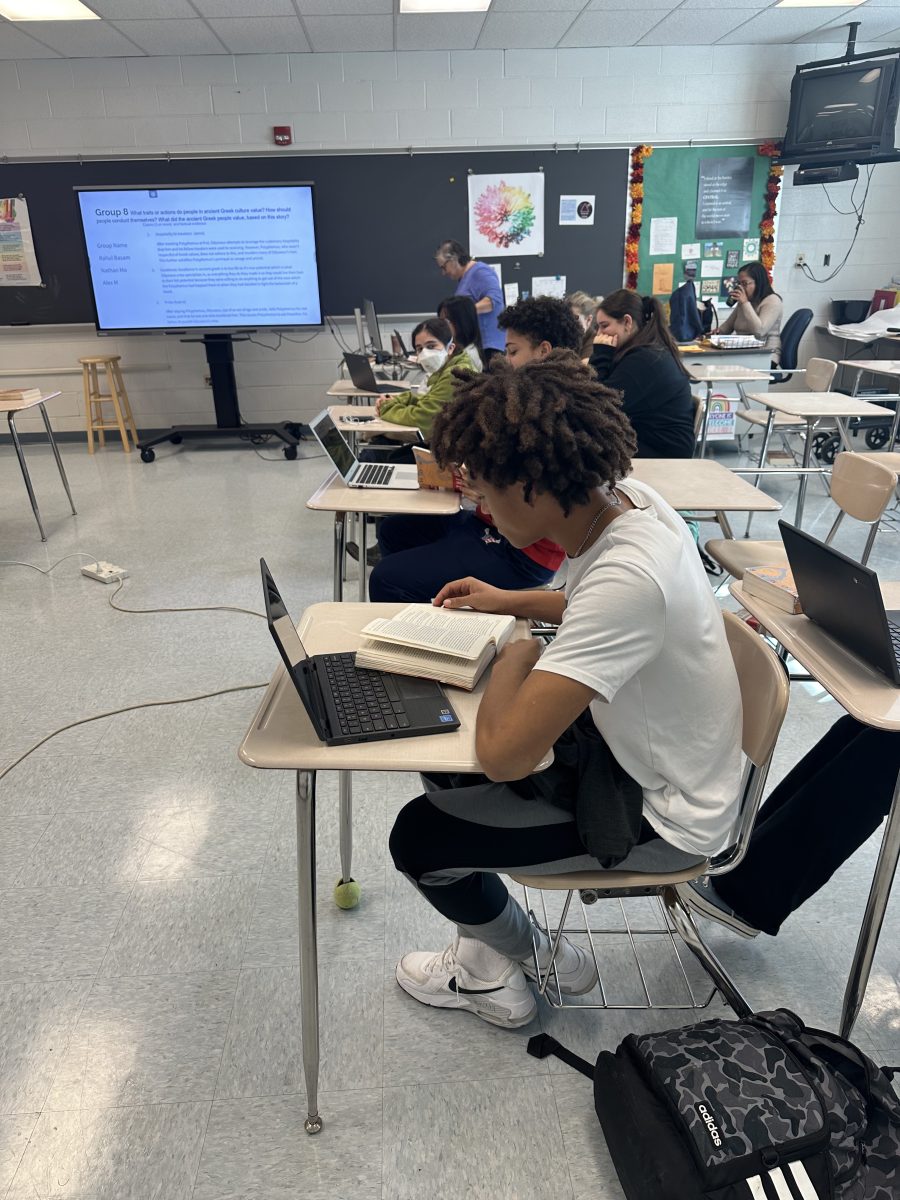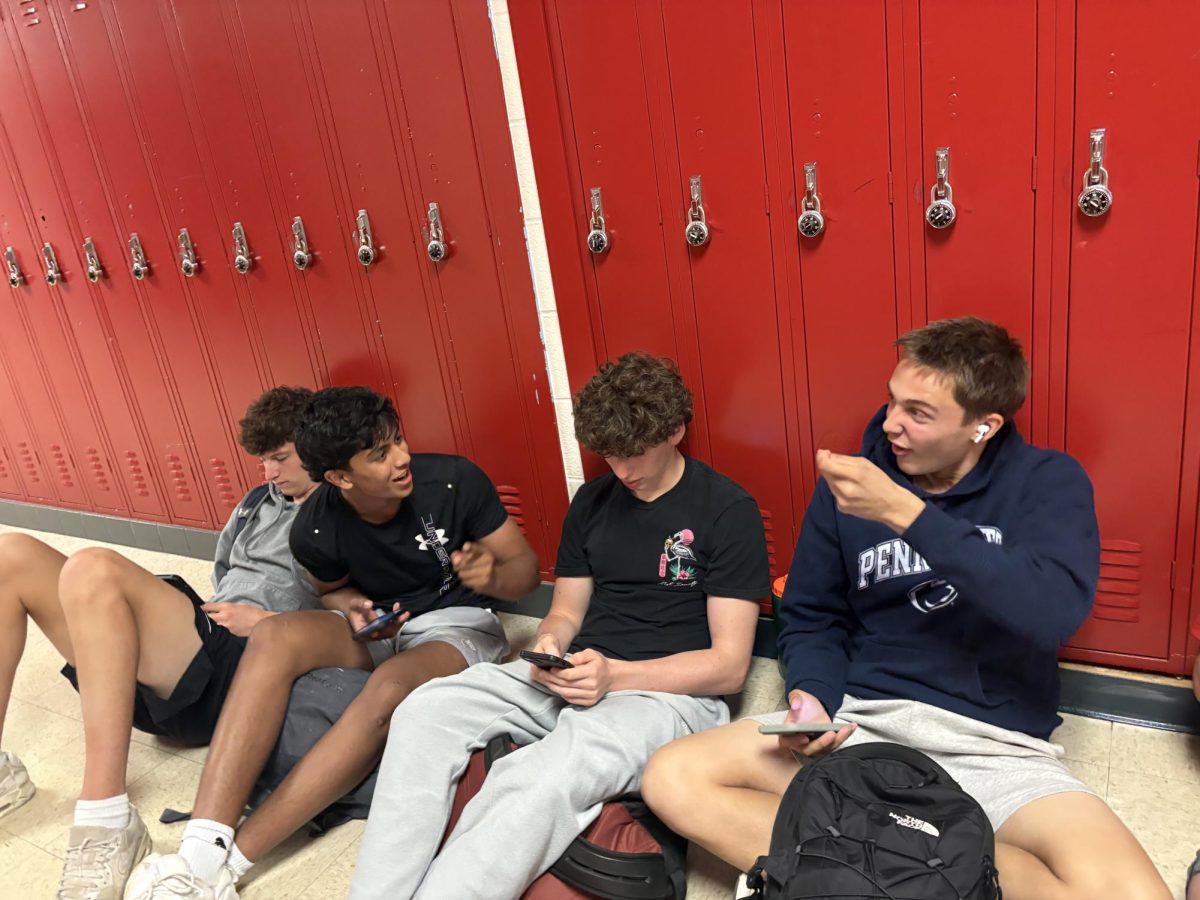In Rick Riordan’s hit novel series “Percy Jackson and the Olympians,” demigods, mortals, fantastical beasts and gods alike interact within an intricate web of adventure and self-discovery spun by the Three Fates themselves. The way Greek mythology is portrayed in “Percy Jackson and the Olympians” serves as a roughly comprehensive introduction to the topic as well as an engaging source of education for readers.
It is no secret that Greek mythology is one of the most widely accepted and praised of lore in the West, with moral tales of the gods, their children and epic heroes becoming increasingly prevalent in modern culture. In spite of that indubitable fact, it is clear that these myths that we are so accustomed to have been altered to fit our modern narrative. According to Encyclopedia Britannica, “Greek mythology has … had extensive influence on the arts and literature of Western civilization.”
“Percy Jackson and the Olympians” (PJO), a pentalogy written by the #1 New York Times bestselling author Rick Riordan, is one such example of Greek mythology in literature. The series follows the adventures of Perseus “Percy” Jackson and his close friends as they find themselves thrust into the thick of a mythological world while they attempt to appease the gods and discover their identities. PJO is renowned as one of the finer literary artworks in this category, and “it gives young people a modern character to think of when they think of Greek mythology,” history teacher Casey Hopkins said.
PJO represents the broader ideas of Greek mythology in a precise fashion, without glossing over big chunks of the lore to fit around the plot. Ancient Greek epics are generally not suitable for adolescents, with their palpable brutality and harsh language. Sophomore Kate Hart said, “[Riordan] did an overall good job of not dumbing it down for kids.”
Albeit overly dramatized, Greek mythology in the series is far more accurate than other uses of it in literature. From each near-death experience of the main cast of characters to the fierce rivalry of the gods, PJO captures the essence of mythology and creates a captivating story for readers of any age. Hart said, “I like the way it’s portrayed.”
However, not everything about the books is truly compliant with the myths. PJO is abundant in its interactions between divine parent and mortal child, whereas in traditional Greek mythology, the gods’ human children are more often than not oblivious to their deific heritage. Junior Terra Muffett said, “The fact that the gods show themselves way too much” is a notable difference between the two.”
There are a few additional details about the series that are slightly altered to fit a more modern viewpoint. The flying shoes of Hermes called the “Winged Sandals of Hermes,” were originally sandals, as the name suggests, but in PJO, they are introduced as high-top sneakers with wings. “I really want the flying shoes, it’s like the ancient Greek equivalent of Heelys,” Hopkins said.
For the most part, fans of PJO agree that the series stays faithful to Greek mythology while being humorous, engaging and relatable.








